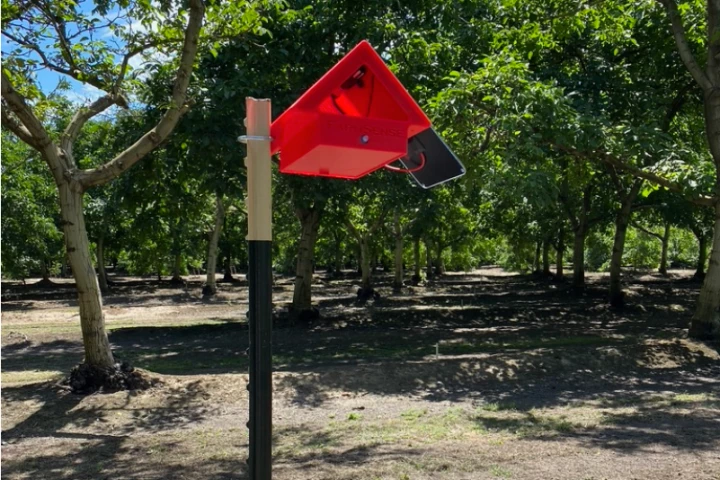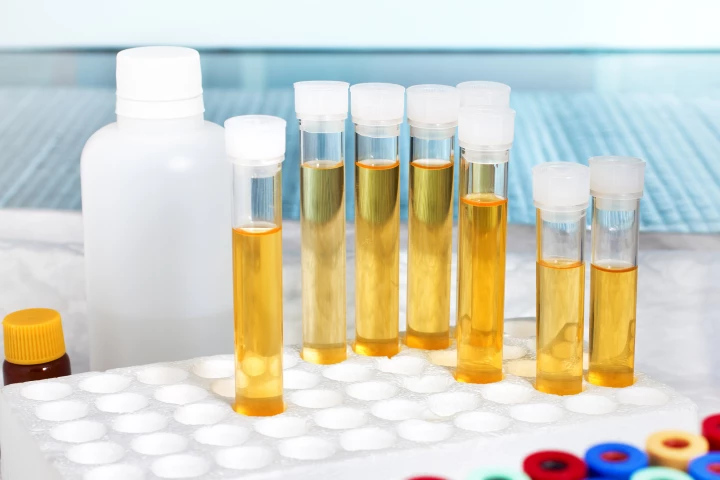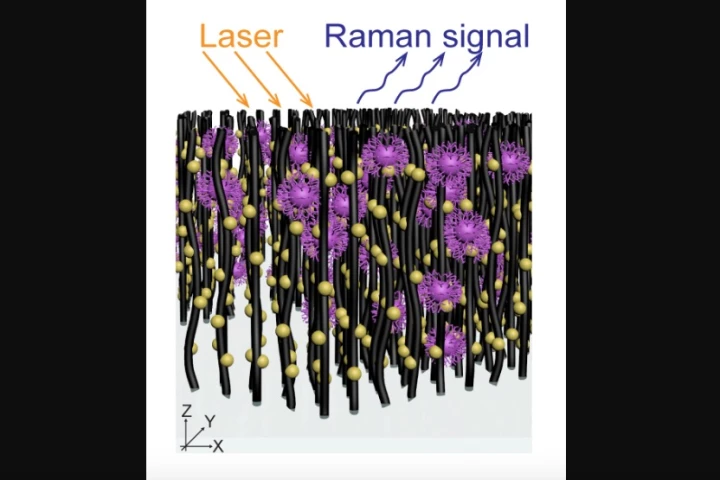Detection
-
While it's very important to track malaria infections in at-risk populations, drawing and analyzing blood samples can be problematic. A new device is designed to help, as it uses light to detect the disease within a matter of seconds.
-
A fascinating new study suggests trained ants could be an effective way to detect cancer in humans. The researchers demonstrated a certain species of ant can be quickly trained to detect cancerous cells with an accuracy equal to that seen in dogs.
-
A new type of radar can measure objects down to centimeters. The new technique uses a photonic system to generate much higher bandwidth signals, enabling radar that can detect smaller objects, and even monitor patient vital signs in hospitals.
-
If farmers know what sort of pest insects are present in their crops – and in what numbers – they can avoid excessive use of pesticides. The FarmSense system was created to provide that information, via a network of Smart Traps.
-
When someone is really intoxicated, they may not be very cooperative when told to blow into a breathalyzer. There could soon be a more passive but just as accurate alternative, though, in the form of an earmuff that measures blood alcohol levels.
-
Many cars are now equipped with pedestrian-detecting radar systems, but those systems can still be blocked by obstacles such as buildings or other vehicles. A new setup is intended to get around that problem, by taking the radar to the streets.
-
Although there already are devices that can detect harmful gases, most of them aren't particularly portable or simple to use. An experimental new tool, however, is about the size of a hypodermic needle – and it could be utilized by anyone, anywhere.
-
As if they don't already face enough challenges from bleaching, many of the world's coral reefs are currently being eaten by the crown-of-thorns starfish. A simple new portable test kit, however, could detect their presence sooner than ever before.
-
When hospitals are checking medical devices for sepsis, they utilize a chemical derived from horseshoe crab blood. A new system is promised to deliver a more sustainable supply of that blood, which could even be used to check human blood for sepsis.
-
A compelling new study from the International Agency for Research on Cancer is suggesting a simple biomarker in urine may be an effective test for bladder cancer, signaling the disease's presence up to 10 years before clinical signs appear.
-
If someone is showing symptoms that may be caused by a toxic algae bloom, it's important to know ASAP if that is indeed the culprit. A new urine test could soon help in doing so.
-
Ordinarily, when biological samples are being tested to see which (if any) viruses are present, it can take up to several days to get results. An inexpensive new tool, however, is claimed to capture and identify viruses within minutes.
Load More











